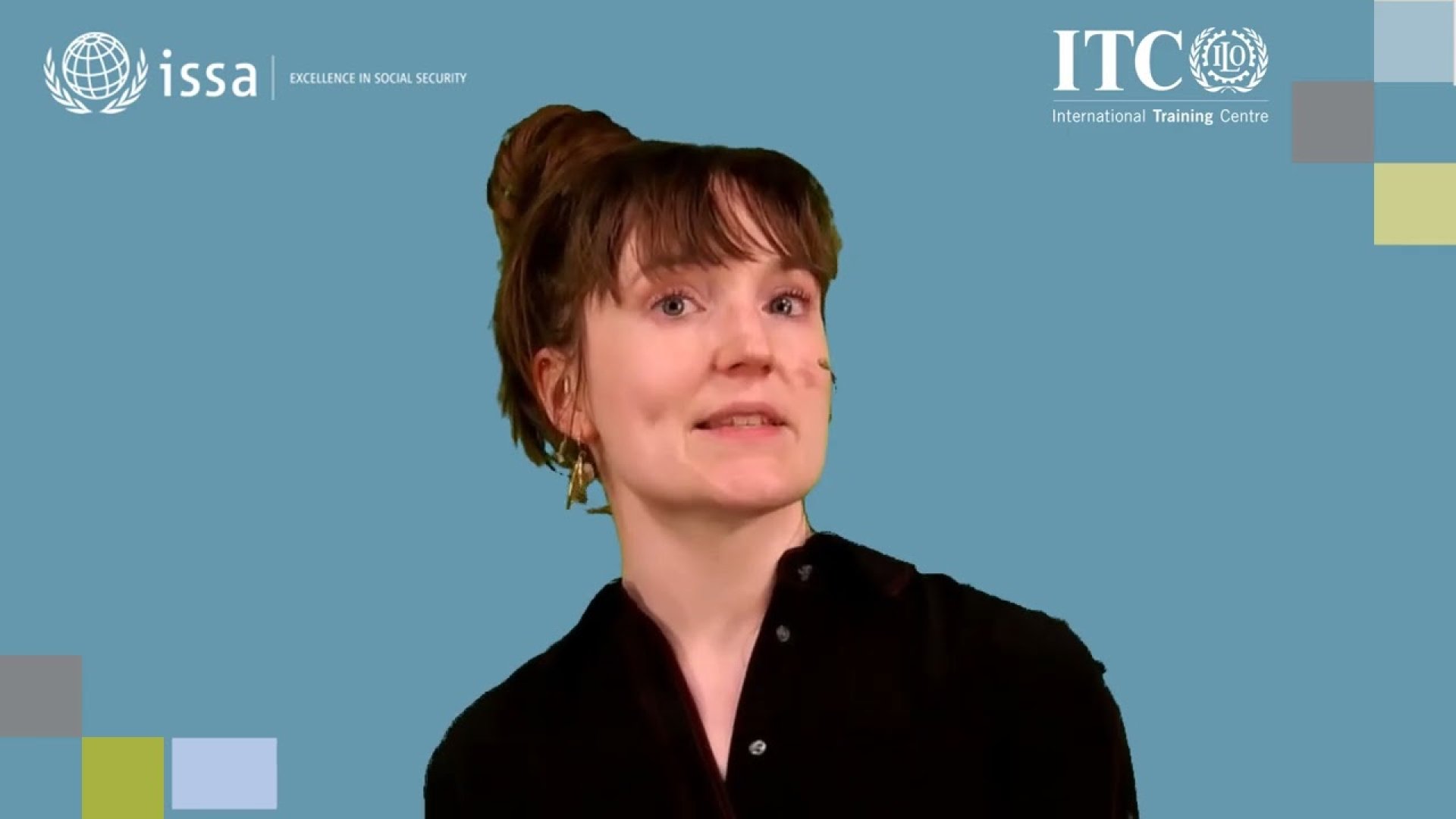Contribution Collection and Compliance

© Adobe Stock
Contribution Collection and Compliance
ISSA GUIDELINES, KNOWLEDGE-SHARING AND INNOVATION
18–22 May 2026
The course is available in English
Introduction to the course
Effective contribution collection and compliance is essential to ensure the financial sustainability, adequate coverage and social legitimacy of social security schemes. This course draws on international best-practice guidelines to explore approaches to strengthen implementation, reform and governance of the ICT aspects of social security systems. This is one of eight courses run in partnership with the International Social Security Association (ISSA) held simultaneously at the Turin Centre. Join a network of social security practitioners in this highly specialized course.
Who attends this course?
This course is designed for social security professionals from ISSA member institutions. Participants should hold positions directly related to the design, implementation or reform of a social security system in the area of contribution collection and compliance. Course learning materials and tuition will be offered online in English. The following requirements are therefore essential for participation in this course: the ability to use and access a computer with internet connectivity; a working knowledge of written English.
What will I learn?
This course uses the updated ISSA Guidelines on Compliance and Contribution Collection as a framework for assessing challenges and identifying innovations.
- Governance and strategy: principles, frameworks and organizational structures
- Compliance risk management: goals, improving voluntary compliance and extending coverage to difficult contribution groups
- Operational Processes: developing an operation process model; roles and responsibilities
- ICT environment and tools: introduction to ICT services, importance of E-services for voluntary compliance and benefits of data exchange with other organizations
- Fraud, evasion and error: role of ICT to detect fraud, evasion and error; benefits of data exchange; co-operation with external organizations
- Continuous improvement and fostering system maturity: importance of a culture of awareness; concepts of a maturity model and continuous improvement plan.
What will I be able to do?
- Understand core approaches to improving contribution collection and compliance based on international best practice
- Identify roles and responsibilities of social security professionals in the governance and management of collecting contributions and enforcing compliance
- Utilise the ISSA Guidelines as a framework for improved efficiency and effectiveness of contributions collection and compliance
- Develop country-tailored innovations drawing on experience from other countries.
Why should I join?
- ISSA-accredited experts with decades of international experience in social security administration
- Join and interact with a global network of professionals from other ISSA member organizations to share learning and best practices
- Mix of training methods: lectures, plenary discussions, good practices, case studies, group work and individual exercises
- Successful participants receive an ITCILO Certificate of Achievement.
How?
The course consists of 60 total hours of learning, broken up into three phases.
- Pre-course (10 hours): Self-guided study through the online eCampus platform. Includes a pre-course assessment
- Residential week (45 hours): 5-day interactive sessions at the ITCILO in Turin, including developing an individual presentation
- Post-course assignment (5 hours): Individual assignment applying ISSA Guidelines to the participant’s organization.
Learn more about the course from your tutor
Learn more about the course from former participants
Prove your skills with a Diploma
This course is part of a Diploma programme. To achieve the Diploma, successful candidates must complete four courses within a five-year period and undertake a capstone assessment.



